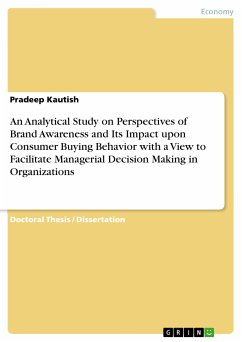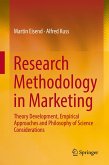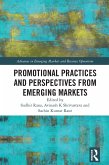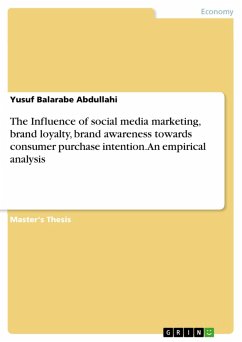Methodological advances in consumer behavior are increasing rapidly. We can characterize these advances by work in two logically separate but functionally related areas: (a) the philosophical underpinnings of our methods, and (b) the analytic strategies for examining the phenomena of interest in the field. An important aspect in communicating these advances is the demonstration of their use on focal problems in consumer behavior. Current research strategies and analytic techniques in the field of consumer research reflect the dominant logical empiricist epistemology. The develop ment of new epistemologies (e.g., scientific relativism, hypothetical realism), however, is likely to modify the dominant logical empiricist approach and is also likely to influence the analytic strategies used to conduct research. For instance, with the increased awareness of scientific relativism and hypothet ical realism, greater emphasis is anticipated for idiographic rather than nomo thetic designs, for observational rather than experimental designs, for process rather than static analyses, and for more sophisticated techniques for summariz ing findings across studies. The major theme underlying this volume is that conceptual, analytic, and sub stantive diversity are essential for consumer behavior research to advance. Col lectively, the chapters we present in this volume are a diverse set of perspectives for the study of consumer behavior. This volume is organized into three parts: (1) philosophical orientations toward consumer behavior research, (2) analytic strategies for consumer behavior research, and (3) applications of these orientations and strategies to current research areas.
Dieser Download kann aus rechtlichen Gründen nur mit Rechnungsadresse in A, B, BG, CY, CZ, D, DK, EW, E, FIN, F, GR, HR, H, IRL, I, LT, L, LR, M, NL, PL, P, R, S, SLO, SK ausgeliefert werden.









